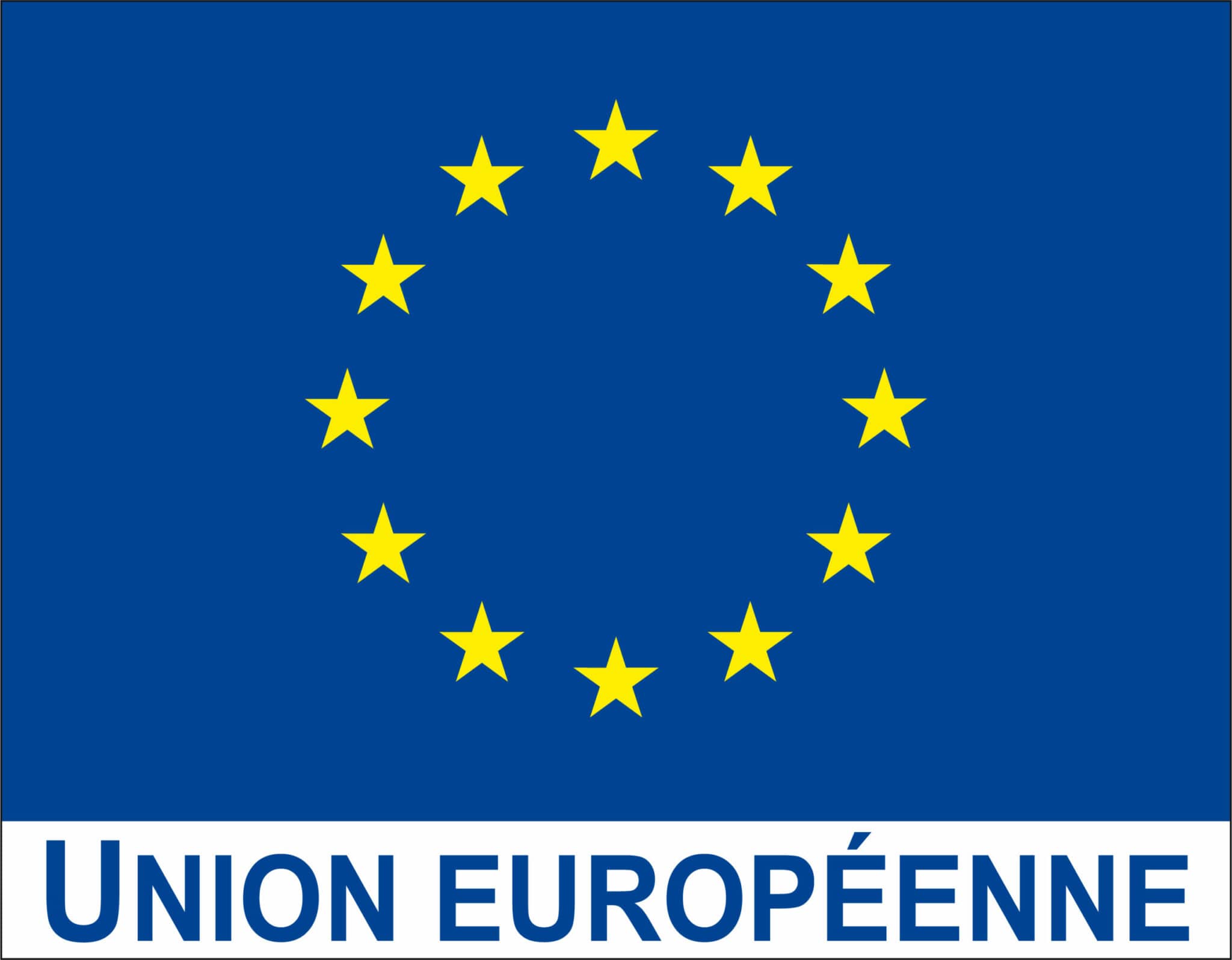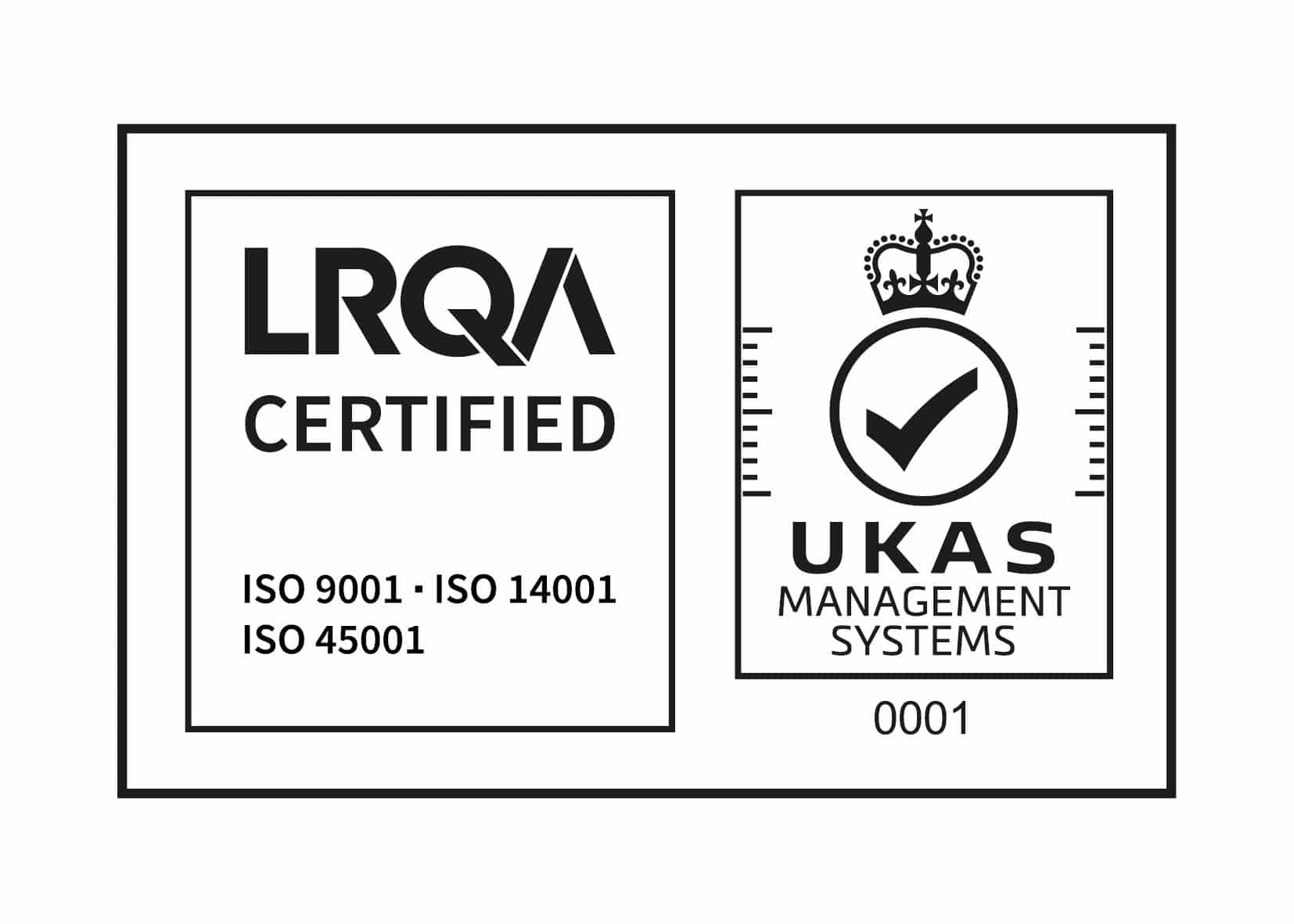What is Blue Economy?
The Blue Economy refers to the sustainable use of ocean resources for economic growth, improved livelihoods, and jobs while preserving the health of marine and coastal ecosystems. It encompasses various economic sectors, including fisheries, aquaculture, tourism, marine renewable energy, maritime transportation, and coastal infrastructure development, among others.
The Blue Economy recognizes the importance of oceans and their resources to the global economy and society. According to the Organisation for Economic Co-operation and Development (OECD), the ocean economy contributed USD 1.5 trillion to the global economy in 2010 and is projected to double by 2030. However, unsustainable practices and overexploitation of ocean resources can lead to environmental degradation and negatively impact the long-term sustainability of the ocean economy.
The Blue Economy seeks to promote economic development while also ensuring the long-term sustainability of ocean resources and the health of marine ecosystems. This is achieved through sustainable management practices, such as fisheries and aquaculture management plans, marine protected areas, and renewable energy projects. Additionally, the Blue Economy recognizes the importance of addressing climate change, reducing marine pollution, and enhancing ocean resilience to protect marine ecosystems and ensure their sustainability.
Several organizations and initiatives promote the Blue Economy, including the World Ocean Council, the United Nations Sustainable Development Goal 14 on Life Below Water, and the European Union’s Blue Growth Strategy. These initiatives aim to promote the sustainable use of ocean resources for economic growth while protecting the environment and ensuring social equity.
Go further on Blue Economy:


